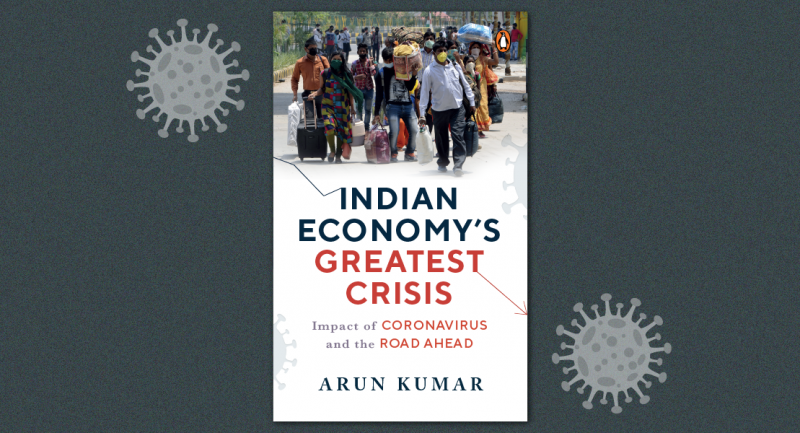
Are you tired of financial uncertainty? Dive into Abhijeet Kolapkar‘s groundbreaking book, Money Works where he demystifies the art of financial planning. With a checklist that lays out practical steps, this excerpt hints at the transformational journey from money worries to money mastery.

***
What Experience Reveals
Most of us live simple and straightforward lives; 90 per cent of our lives follow a pattern—school, college, job, marriage, life after marriage and retirement. We try hard to plan our lives. For example, in our twenties, we plan to finish our studies, buy a home by age twenty-seven, a car by age twenty-nine, and so on.
- Our dreams need to be converted into goals to bring them to life. Pre-planning and execution are essential to achieve these goals.Also, backing our dreams with financial planning is important.
- Most of us realize the importance of financial planning only as we cross our forties; however if we had realized the need for it in our twenties, a lot of our issues of the present might never have surfaced.
‘We do plan our finances but that does not last long.’
‘Is financial planning really necessary?’
‘Financial planning is not as easy as it seems.’
We hear such statements about financial planning.
Financial planning is clearly not unnecessary, and it is actually neither difficult nor impossible. It is a simple and straightforward process. What is really needed is to do it with the right intention and make sure you are proceeding with diligence.
Checklist for Successful Financial Planning
1. Plan your finances as early as possible: Delaying financial planning is injurious to your long-term financial health. Don’t start financial planning when emergencies arise.
2. Stay away from an extravagant lifestyle: Never celebrate by taking loans. Remember this line.
3. Avoid overuse of credit cards: One should use a credit card only when it is absolutely necessary. Using it just to avail of offers should be avoided.
4. Avoid comparing your situation with others: Know your limits. Instead of looking at what others are buying, think about whether those items are necessary and affordable for you. Understand your situation before spending.
5. Prioritize savings over spending: Expensive cars, gadgets and lifestyle choices may make you look rich, but will not make you a rich person. Prioritize saving and investing your earnings.
6. Save at least 5–10 per cent of your earnings every month: The first step in financial planning is to save every month and invest it to provide for emergencies.
7. Avoid financial investments you don’t understand: It is best to stay away from the type of investments you have no clue about. In case you still want to go ahead, do so with the help of a financial adviser. Practise caution while investing.
8. Buying an insurance cover is a must: Insurance is not an investment but a productive tool to financially cover yourself or your family members in emergencies. That is why everyone should get health insurance, accident insurance and term insurance.
9. Invest for the long term: To get the benefit of compounding, invest a major portion of your savings in long-term options.
10. Regularly re-evaluate and review your financial strategies: You may have planned a robust financial strategy but failed to implement it or made a few wrong financial decisions. To understand this, you need to frequently review your financial strategies.
○ Re-evaluation: The goals based on which we decided on our investments in the past may change. For example, you may feel that saving money for your children’s higher education is more important than buying an expensive car, which was your earlier goal.
○ Review: We can re-prioritize our goals based on our current needs, after periodical reviews.
11. Discuss your strategy with your partner: Have a healthy discussion with your partner about your financial goals. Whether your partner is an earning member or not, you should consider their point of view as well.
12. Be ready for change: Life is full of surprises—be prepared, mentally and financially, to face any unexpected situations that may arise.
13. Read up on financial matters: You should regularly engage with financial newspapers, magazines, blogs and social media pages. Also, you should have books on the subject handy in your personal library.
14. Don’t be an emotional fool! Many a time we make decisions based on our emotions, which may lead to financial losses. Hence, you should stay away from overconfidence, lack of confidence, haste, work, anger, greed, lust, jealousy, etc., while making your financial decisions.
15. Self-confidence is essential: No one can play your part better than you. That is why you need to study the subject of finance in depth and make the right decisions to get the most out of your wealth.
With this checklist, you can start financial planning based on the goals you want to achieve
***
Get your copy of Money Works by Abhijeet Kolapkar wherever books are sold.









